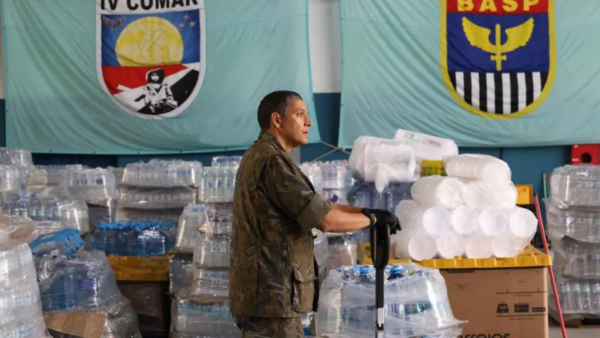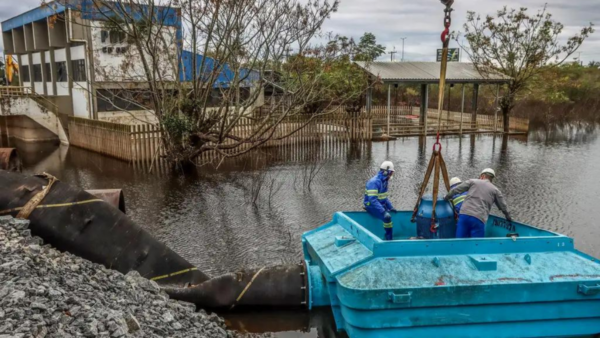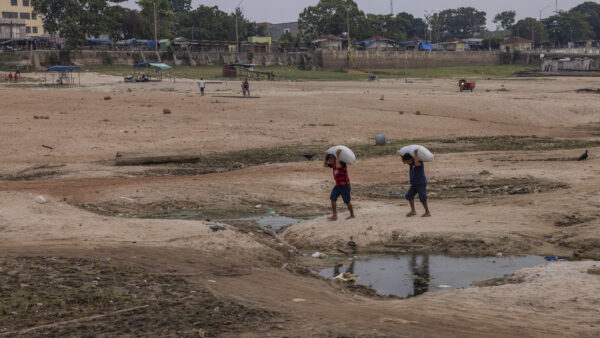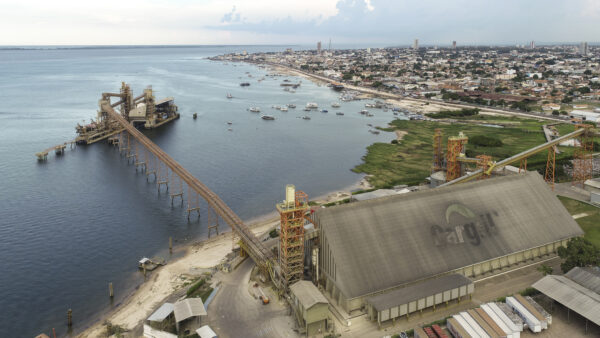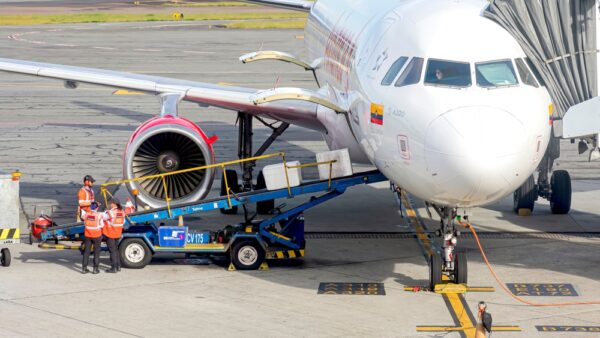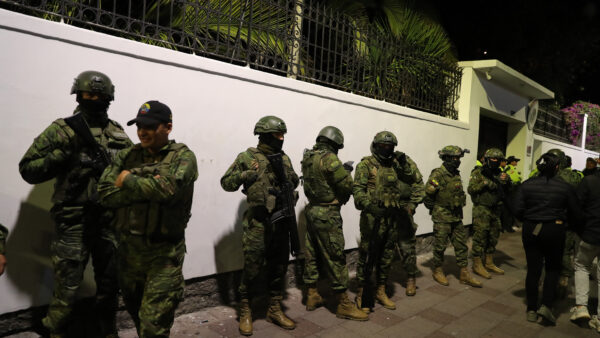A fire is currently consuming a 6,500-square meter warehouse in western São Paulo, owned by the Cinemateca Brasileira, the institution responsible for preserving Brazil’s cinema archive. Initial reports suggest that a short-circuit in the air conditioning system may have sparked the blaze.
While the fire brigade reports no victims, the building is home to archives of highly flammable 35 mm and 16 mm film. The building also stores museological objects such as ancient projectors, as well as documents and archives from a government project to take Brazilian-made content to non-commercial venues.
It is the second fire to hit the cinematheque’s warehouse in five years. In 2016, around 500 original works were lost — though curators said at the time that the content had been preserved in backup copies. Last year, the building was flooded after heavy rains, also damaging part of the archive, though the Cinemateca did not reveal exactly what was lost.
In July of last year, state prosecutors in São Paulo filed a lawsuit accusing the federal government of negligence by not renewing the contract of the association which administers the institute. “Since December 31, 2019, the [Bolsonaro] administration has cut the Cinemateca loose, neither directly running it nor funding third parties to do so,” wrote prosecutors.
The lawsuit mentions delays in utility bills and wages, as well as fire hazards.
For many in Brazil, the Cinemateca Brasileira is an eerie reminder of how poorly cultural venues are treated in Brazil. In 2015, the Portuguese Language Museum in São Paulo was destroyed by fire and will only reopen this weekend, six years later. And in 2018, roughly 90 percent of Rio de Janeiro’s National Museum — the oldest in Brazil — was consumed by flames which almost led the building to collapse, which once worked as the residence of Brazil’s old imperial family.


 Search
Search
